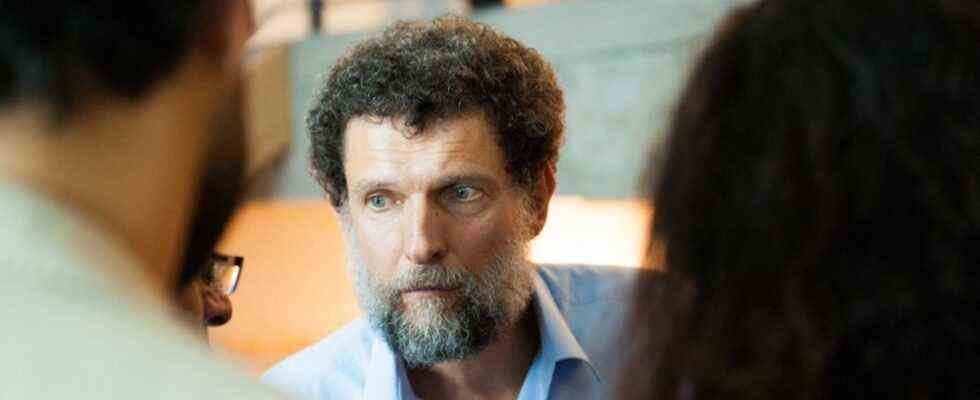Turkish civil society activist Osman Kavala remains in custody. After an Istanbul criminal court did not release the cultural promoter, who had been detained for four years without a guilty verdict, on Friday in the latest round of the proceedings because of the Gezi protests in 2013, Turkey is threatened with a procedure for exclusion from the Council of Europe. Observers and supporters of Kavala had speculated that the 64-year-old could be released in this latest round of proceedings because President Recep Tayyip Erdoğan could not afford any new political conflicts with Europe due to the tense economic situation.
The case against the Istanbul entrepreneur Kavala is due to its flimsy legal structure as a prime example of a lack of the rule of law and politicized justice in Turkey today. The European Court of Human Rights ruled in December 2019 that the patron was wrongly detained and should be released. Since Ankara disregards this judgment, there is now a threat of a multi-stage process to exclude Turkey from the Council of Europe. It will start in early December.
Kavala was arrested in October 2017. At the time, he was accused of having organized and financed the Gezi protests. The Gezi Park in the center of Istanbul was to be cleared and destroyed in order to build a shopping center. This construction project, approved by President Erdoğan, led to three-month protests in the summer of 2013, which spread across the entire country. The police cracked down on the civil society protesters and several people died.
When Kavala was arrested in 2017, the judiciary accused him of “attempting to overthrow the constitutional order of Turkey”. President Erdoğan reviled the entrepreneur as the alleged extension of the US investor and philanthropist George Soros; Kavala should therefore subvert the political order of Turkey on behalf of the American.
Immediately after the acquittal in 2019, a new trial came
At the end of 2019, however, Kavala was surprisingly acquitted. However, he was never released: new proceedings were initiated immediately after his acquittal. In addition to the allegations about the Gezi protests, the public prosecutor’s office is now claiming that the sponsor of culture is suspected of espionage.
Kavala no longer took part personally in the most recent round of trials. He used to be connected via video conference because of Corona, now he refused to take part at all. Since the President is personally opposed to him, he considers it “pointless to attend the hearings and to defend me.”
Large parts of Turkish civil society and the opposition support Kavala. At the solidarity rallies in front of the courthouse, CHP MP Sezgin Tanrıkulu said that Kavala was only being detained “because the President, as Turkey’s chief prosecutor, wants it to be”.
The case gained additional political weight a few weeks ago when ten Western ambassadors publicly spoke out in favor of the release of Kavala. Among the diplomats were the representatives of Germany, France and the USA. President Erdoğan threatened to have the diplomats expelled for interfering in the country’s internal affairs. The conflict was only defused when the ten states concerned declared that they would respect current diplomatic practices and not interfere in the internal affairs of their host country.
The new round of the procedure was eagerly awaited, because after the non-release, the procedure for the exclusion of Turkey from the Council of Europe should begin. This would start in early December with what is known as an infringement procedure. The exclusion of a Council of Europe member is a lengthy process, a two-thirds majority is required for the exclusion. Council of Europe members like Russia, who have also imprisoned citizens for political reasons, could vote against the exclusion of Turkey.

